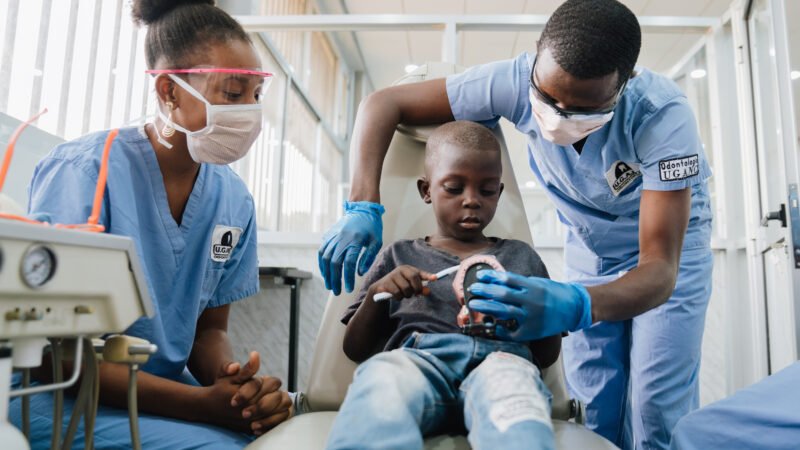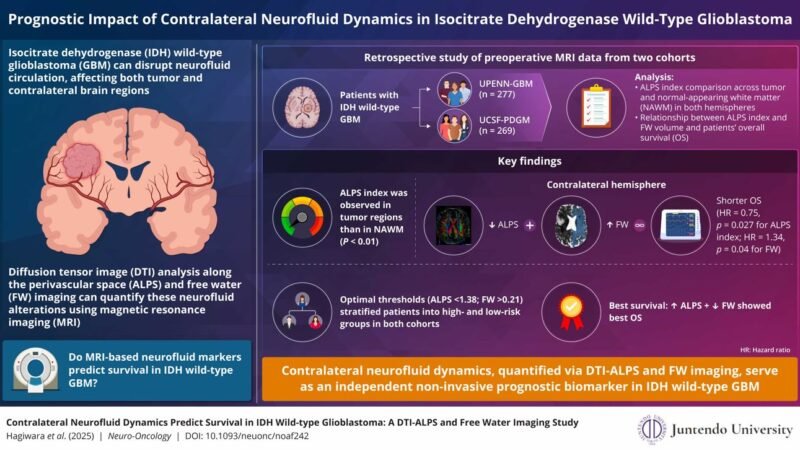UN puts mental health on same level as chronic disease in landmark push for global access
The United Nations has elevated mental health to the same priority as chronic diseases such as cancer and heart disease, marking a turning point in global health policy.
The declaration, overwhelmingly supported by world leaders after five months of negotiations, will be finalized at the UN General Assembly in October. It commits nations to integrating mental health into primary care and expanding access for an additional 150 million people by 2030.

Clinicians warn that access remains the greatest challenge, with fewer than seven percent of the more than one billion people living with mental health conditions receiving effective treatment. They note that untreated mental health issues directly worsen physical diseases, impacting sleep, immunity, and stress response.
A study of more than 275,000 Europeans published in the Journal of Affective Disorders found people with depressive symptoms have 57 percent more chronic conditions than others. Those with chronic illnesses were 1.5 times more likely to experience depression, reinforcing calls for integrated care.
Bridging the treatment gap through scalable care
Health experts emphasize that long wait times and dependence on prescription medication remain barriers. They warn that adding prescriptions without addressing accessibility places further strain on patients managing multiple chronic illnesses.
Clinicians point to emerging non-drug options such as at-home brain stimulation devices, which can be prescribed and monitored remotely. A recent NHS pilot reported a 71 percent reduction in depressive symptoms using one such device, offering a scalable, clinician-supervised alternative to medication.
Integrating mental-health care in primary clinics
Global health leaders argue that placing mental-health services in everyday clinics is essential to breaking treatment bottlenecks and improving early intervention.
They say broader adoption of digital tools, regulatory support for reimbursement, and primary-care training will be critical to turning the UN declaration into real-world access.
Supporters stress that the move signals the end of treating mental health as secondary to physical illness and positions emotional and psychological health as foundational to chronic-disease recovery.



